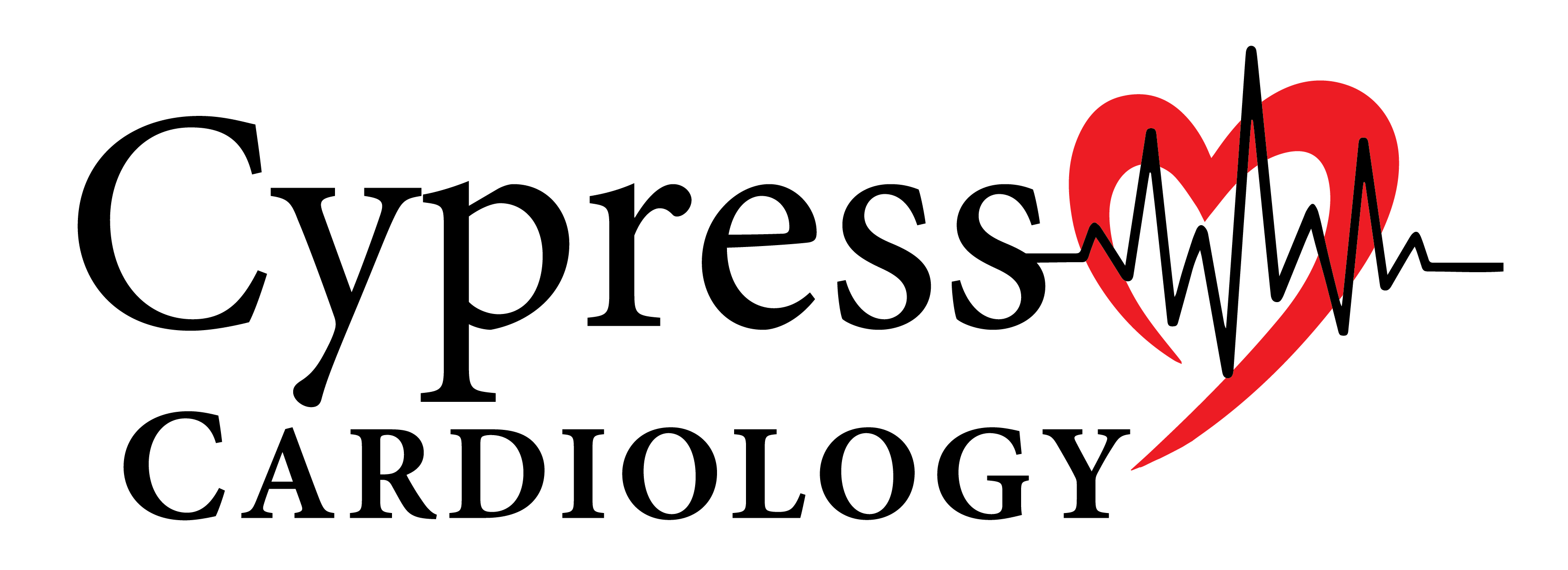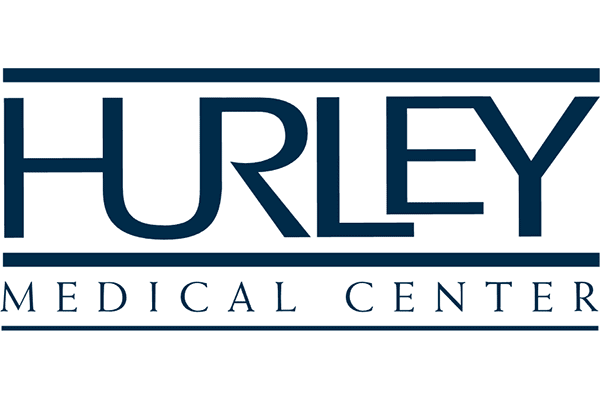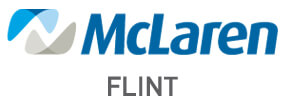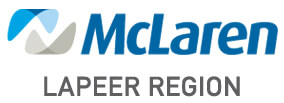- 1286 South Linden Road, Suite A Flint, MI 48532 ,
Michigan, US - Mon - Thu 9:00 am - 4:00 pm
Fri - Sat - Sun CLOSED
Welcome to Cypress Cardiology
Our Mission
Cypress Cardiology is committed to providing quality, affordable and compassionate cardiac care for our community and surrounding neighbors.
Our Services
Exercise
A nuclear exercise stress test is a diagnostic test used to evaluate blood flow to the heart. Combined with exercise, the test can help determine if there is adequate blood flow to the heart during activity versus at rest.
Persantine
The test will show images/pictures that will help your doctor know if there is an area of your heart that is not getting enough blood. Nuclear imaging material is also given. It is not a dye and is safe. Persantine, along with nuclear imaging material, is given through an IV (intravenous) in your arm. Then, images/pictures of your heart are taken.
Electrocardiogram (EKG/ECG)
An electrocardiogram (EKG) test is a simple, painless procedure that measures electrical signals in your heart. Each time your heart beats, an electrical signal travels through the heart. An EKG can show if your heart is beating at a normal rate and strength. It also helps show the size and position of your heart's chambers.
Transesophageal Echocardiogram (TEE)
a test that uses high-frequency sound waves (ultrasound) to make detailed pictures of your heart and the arteries that lead to and from it. The sound waves for TEE are attached to a thin tube that passes through your mouth, down your throat and into your esophagus. Because the esophagus is so close to the upper chambers of the heart, very clear images of those heart structures and valves can be obtained.
Transthoracic Echocardiogram (TTE)
During a transthoracic echocardiogram (TTE), a technician obtains views of the heart by moving a small instrument called a transducer to different locations on the chest or abdominal wall. A transducer, which resembles a microphone, sends
sound waves into the chest and picks up echoes that reflect off different parts of the heart.
Angioplasty
Angioplasty is a medical procedure that opens up a blocked or narrowed artery around the heart. It is a standard treatment for narrowed or blocked arteries in this area of the body.
Vascular Studies
Vascular studies are tests that check the blood flow in your arteries and veins. These tests are noninvasive. This means they don't use any needles. Vascular studies use high-frequency sound waves (ultrasound) to measure the amount of blood flow in your blood vessels.
Preoperative Evaluation (Cardiac Clearance)
An evaluation to determine if your heart is able to withstand the complexities of surgery. This evaluation is usually done after all necessary testing is complete.
About Our Doctor
Farouk Belal, MD, FACC, FSCAL Dr. Belal is a Board Certified Cardiologist and Interventional Cardiologist with a Peripheral Vascular specialty. He currently works with both Mclaren and Hurley hospitals.
Languages:
English, Arabic

Doctor's Degrees
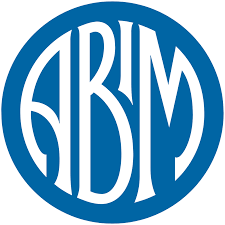
Board Certified
American Board of Internal Medicine - Cardoviscular Disease
Fellowship
Interventional Cardiology
logo/westchester-logo Medical Center
New York Medical College
Valhalla, NY
logo/westchester-logo Medical Center
New York Medical College
Valhalla, NY

Residency
State University of New York, logo/suny-logo
Downstate Medical Center
Brooklyn, NY
Downstate Medical Center
Brooklyn, NY

Board Certified
American Board of Internal Medicine - Interventional Cardiology

Fellowship
Cardiology
Lousiana State University
New Orleans, LA
Lousiana State University
New Orleans, LA
